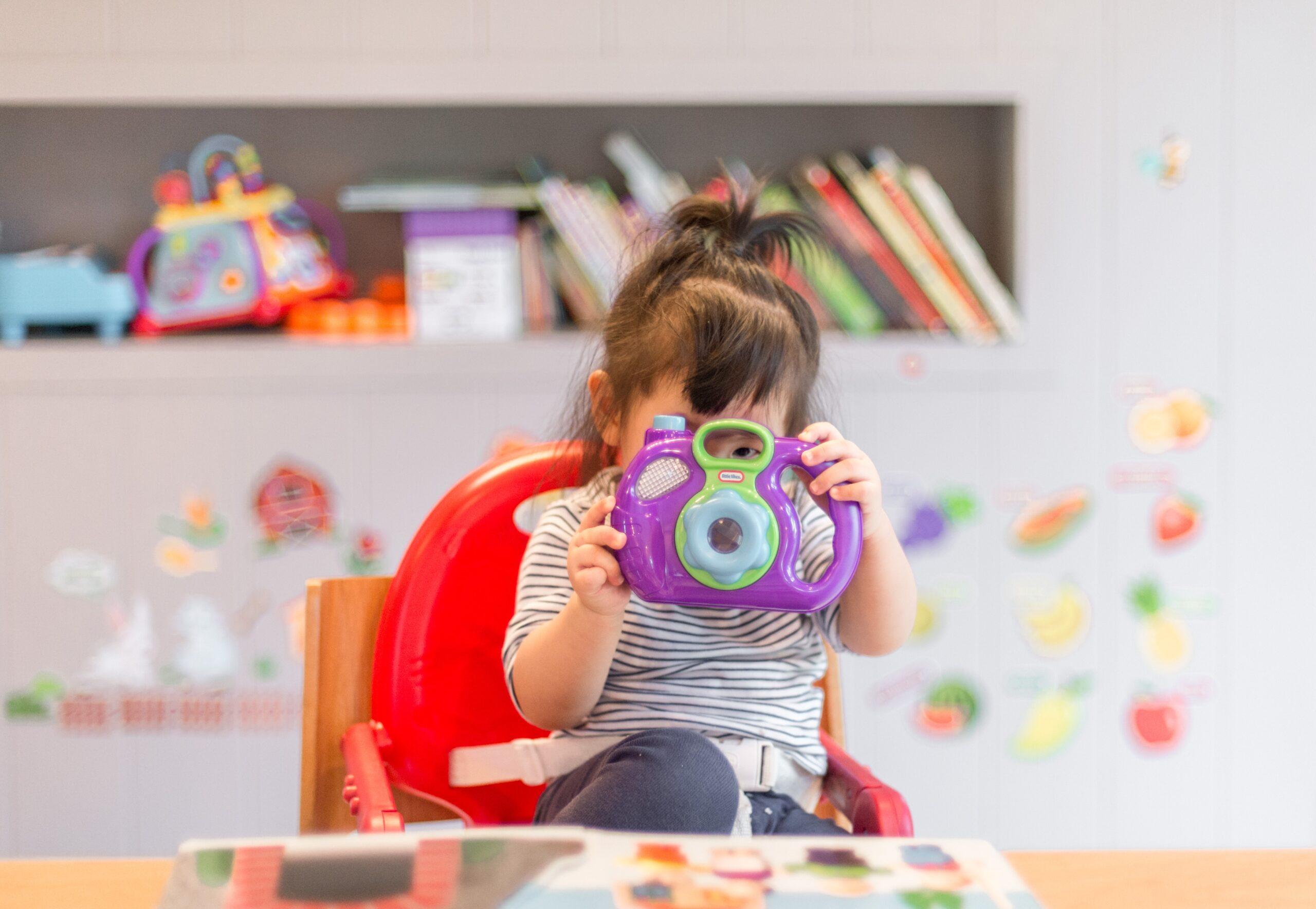I stood in front of the classroom on the first day of school, looking into the eager yet defiant faces of my prepubescent charges. They were hungry to devour the new teacher, who was a student herself just three months before. As the students began challenging me with their behavior, I remember what my child development professor had drilled into my head— “Catch them being good.”
To my surprise, his advice wasn’t just a theoretical solution: it actually worked. Now that I’ve traded the chalkboard for a diaper pail, I turn to his words even more often.
Parenting a toddler is a difficult task. As your child wrestles with independence, you may find yourself feeling pinned against a wall. Many parents fight back, arguing or yelling, engaging in a power struggle with their offspring. However, this is not how it has to be.
One effective way to deal with young children’s behavior is through the use of rewards, or as my professor phrased it, “catching them being good.”
There are many different ways to reward children. When most of us hear the word “reward,” we think of material things— a toy, candy or other special treat. If she’s behaving well in the grocery store, a child may get a slice of cheese from the deli section. When he keeps his room clean for a whole week, a boy might get a special toy from his father. And how many times have you told your child, “If you finish your meal, you may have dessert”?
These tangible rewards don’t have to be expensive items. One Mom I know saves toys from Kids’ Meals and cereal boxes to offer when her children deserve a reward. Another keeps a stash of small items purchased at the nothing-over-a-dollar store. For most children, what they receive isn’t as important to them as the fact that they are receiving it.
Another way to reward children is through special privileges. If your son had an especially good day in preschool, he may be allowed to choose what book to read at bedtime. If your daughter shared and played well at playgroup, she may help bake cookies. Other privileges children enjoy include selecting a movie from the video store, deciding what to eat for supper or being able to watch a little extra television.
The most readily available and easily distributable reward is praise. Through struggling to gain independence, toddlers seek acceptance from the people they love. Using sincere praise rewards them for accomplishments and acceptable behavior while reinforcing the feeling of love between parent and child. “I really like how you behaved in church today.” “I’m glad you waited your turn on the swings; I know that wasn’t easy.” “Wow! You got your shoes on the right feet. Way to go!” Verbal reinforcement is a very powerful motivator.
“The most valuable rewards involve spending time together,” says Nancy Samalin, parent educator and author of three books, including Loving Your Child Is Not Enough: Positive Discipline That Works (Penguin). She explains that young children thrive on the extra attention. Whether it’s a stroll through the neighborhood or a trip to the zoo, you can reward your toddler with everyone’s most precious commodity— time.
In addition to giving your child something for excellent behavior, you can also take something away. Negative reinforcement, which many confuse with punishment, is quite the opposite. It involves removing something unpleasant to reward your child. For example, if he cares for his pets for an entire week, you might reward him with a day off. If she has kept her room clean, you can volunteer to make her bed. These “rewards in disguise” are surprisingly useful reinforcements.
Many parents are apprehensive about using a reward system because they feel like they are “bribing” their children. Samalin describes the difference: “Bribes are when you tell your child in advance to ensure the behavior you want.” Rewards are reinforcements offered after the fact. So, if you say, “If you behave at great-grandma’s house, I’ll get you an ice-cream,” you are using a bribe. A reward would be leaving great-grandma’s and saying, “I really liked the way you behaved today. Let’s go get an ice-cream.” The difference is subtle, but important.
“Bribes are a sign of parental weakness,” adds Samalin. “They send the message that the reason to do something is not to do the right thing, but to get something at the end.” She warns that bribing often leads to manipulative children.
Although rewards may help your child with some areas of behavior, it is important to use them in moderation. “Rewards used occasionally to motivate a child are okay, but be careful not to overdo it,” advises Samalin.
Although many psychologists and parenting experts agree that rewards have a place in behavior management, some experts disagree. Alfie Kohn, author of Punished by Rewards (Houghton Mifflin) is one of them. In his article, “The Risks of Rewards,” he states, “…the offer of rewards can elicit temporary compliance in many cases. Unfortunately, rewards turn out to be no more effective than punishments at helping children to become caring, responsible, lifelong, self-directed learners.”
Jan Hunt, director of The Natural Child Project and author of The Natural Child: Parenting from the Heart (New Society Press), suggests another drawback to rewards. “Extrinsic rewards take the child’s attention away from intrinsic ones. The child may never understand the real reasons for doing something, and may never appreciate the inherent rewards that a task will provide.”
Opponents of rewards also cite the fact that using rewards, like using punishments, is a way of controlling a child’s behavior to comply with adult demands. Hunt states, “All methods which rely on controlling the child have a price, paid for by the child, the parents and the relationship. Damage to self-esteem and self-knowledge is the highest price.”
Rewards— used correctly and in moderation— can help lead young children in the right direction. But parents also need to discuss the intrinsic value of appropriate behaviors. Before long, you may find that catching them being good is no challenge at all.




